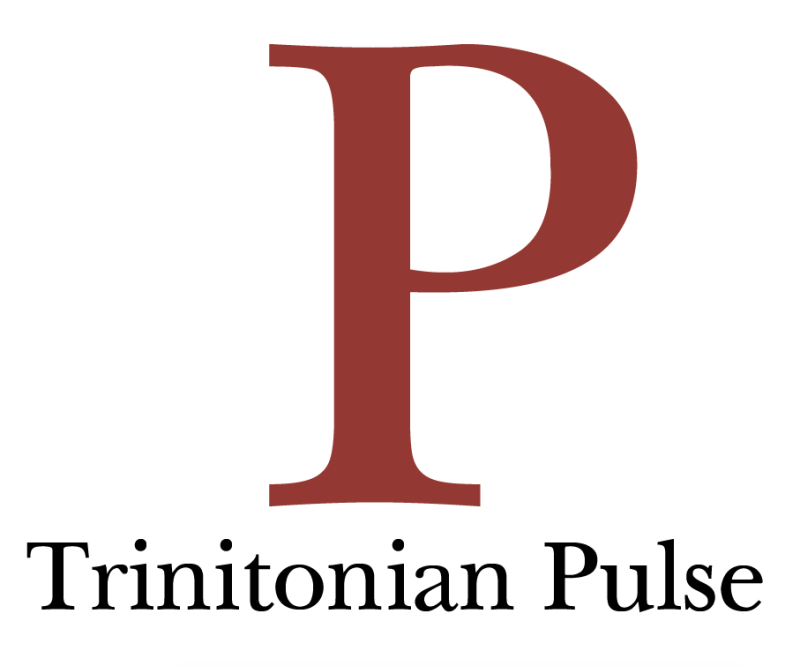How many times have you had negative thoughts about your body? What about the body of a family member, friend, or stranger? Between the abundance of hectic schedules Trinity students juggle, it can be difficult to find the time to go to the gym or avoid eating junk food as often as we may like. The Body Project, previously the Sorority Body Project, aims to augment the amount of positive thoughts about the variety of body types students produce and share on campus.
As new members of the fraternities and sororities on campus begin their orientation process, they’re expected to complete several sessions in Body Project sessions to promote united body positivity.
“The Body Project, formerly known as the Sorority Body Project, is an evidence-based body acceptance group intervention program run at Trinity among male and female students. This program began the academic year of 2000-2001 in collaboration with Dr. [Carolyn] Becker [professor of psychology]. Originally, the lab relied on volunteer participants, which usually were sorority members. In fact, a member of Zeta Chi was the original sorority member working on the project. As the program went on, the lab received positive feedback from the volunteers and was able to bring more participants in,” said Clara Johnson, a junior psychology and Spanish student.
As a research assistant in the Body Project Lab, Johnson’s work with the program is observed and shared internationally, promoting body positivity around the world.
“The idea behind the Sorority Body Project was to use the largest body of women on campus to make a real change in the way Trinity students feel about their bodies. Currently, the Body Project model is used in universities all over the United States and internationally (U.K., Mexico and Australia). Trinity University sororities are internationally known for the first scientifically based, peer facilitated sustainable body image program. Peer leaders and research assistants have put in over 30,000 hours of hard work into this program,” Johnson said.
In past years, the program was only offered to sorority members, but this year, all Greek organizations have chosen to participate.
“This is a very important year for the Body Project because not only have all seven sororities decided to join the Body Project for another year, but all six fraternities have decided to join the program as well. That means that instead of running female-only groups for all new active sorority members, we will be running male-only, and mixed-gender groups,” said Kristy Hamilton, a senior psychology and communications student.
By expanding the project to include male and female participants, the research assistants can develop and analyze a larger variety of responses.
“The new program format, with the three different types of groups, will allow us to gain a broader host of perspectives which will be necessary to address the full spectrum of body image issues within our society. Moving forward, this year’s program will give us insight in how to optimally improve a student’s body image, while simultaneously growing the camaraderie between the Greek community. We believe the fraternities have a lot to offer the program and will be a key component in effectively addressing the body image issues within our community,” Hamilton said.
The coordinators of the Body Project hope that participants who have observed negative messages in the media about bodies will develop more accepting thoughts about bodies.
“Big Business likes to try and manipulate the way you feel about yourself, often times deciding what “˜healthy’ is and looks like. We feel like our program is a response to those messages. We hope to provide an opportunity for students to come together to address our societal issues regarding body image, and establish functionality, personalized health and body acceptance as standards of our Trinity community,” said Juan Hernandez, a senior psychology student.
Several organizations work with the research assistants, allowing a wealth of hours to go into ensuring the Body Project is a successful, productive opportunity for all participants.
“I am project coordinator for the Body Project. While that may sound hierarchical, the reality is anything but. The success of our program all centers around collaboration and hard work from everyone involved. Through the partnerships between our research assistants, peer-facilitators, entrepreneurs, professors and [post- baccalaureates] our team does everything they can to ensure all student participants receive the best program possible,” Hernandez said.
Body positivity can be difficult to obtain, but by uniting all of the Trinity fraternity and sorority members, the Body Project promotes campus-wide acceptance of body diversity and confidence. Through the program Greek life members will learn to develop more positive thoughts about their own bodies and the bodies of others, and encourage the spread of body confidence across campus.







